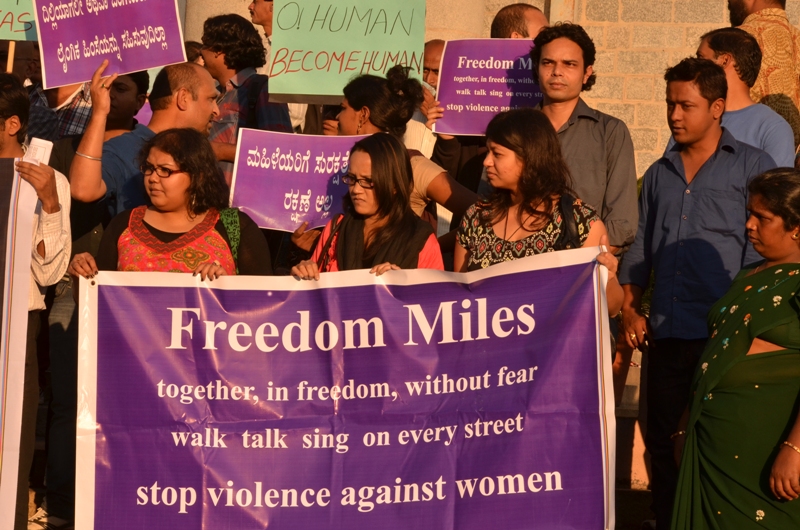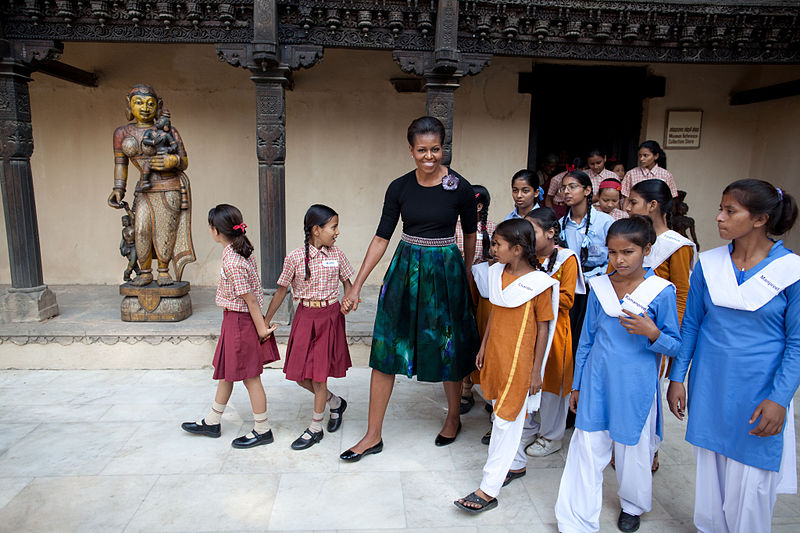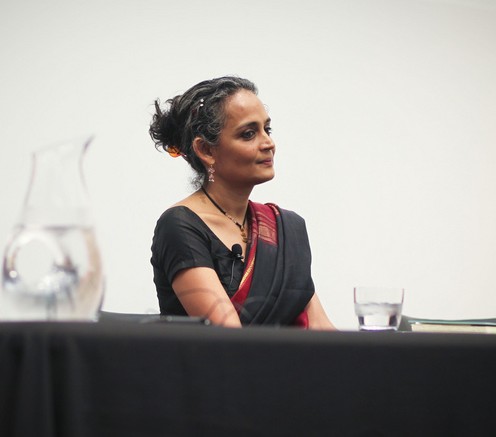By: Rickpaul Singh Vander
In 2012, a horrific case of rape put India on the front page of the New York Times and inspired me to understand and write about the issue of sexual assault in India. Now that I am given the platform to share my thoughts, I wonder if this issue is “timely” enough to discuss given the severity and sadness of today’s other global issues.

Students protesting outside Bangalore Town Hall on December 30, 2012 after 23-year-old rape victim died from her injuries. (Source)
Last year, while presenting at Washington University’s Assembly Series, Ta-Nehisi Coates spoke on the deprivation of human rights for Black citizens in America. He explained that this depravation is so steeped within the construction of American society that events representing this systemic unfairness will inevitably and continuously manifest. Therefore, he concluded, such a discussion will always be timely because American society will always provide an accompanying current event. For similar reasons, the discussion of sexual assault in India will always be timely.
The sexual assault problem is not the result of a handful of corrupted men, but rather a society constructed to enable this type of behavior. Preliminarily, the staggering nature of the statistics indicates that the recurrence of sexual assault is not random or isolated. Furthermore, when the same class of victims (women) is so consistently victimized in the same manner (sexual assault), and over such a long period of time, it must be that societal constructs perpetuate the pattern.
Indian society is comprised of social, economic, and legal constructs that fundamentally demote and devalue its women while simultaneously pedestalizing its men. The pervasiveness of this gender bias is encapsulated in the make-up of the population; out of 201 nations, India has the ninth-worst female to male sex ratio. This imbalance is not an unintentional occurrence, but a gradual result of parents deliberately “selecting” boys over hundreds of years.
The omnipresent and overwhelming nature of these societal constructs leaves a dominating impression on the hearts and minds of developing youth. In fact, these societal constructs become like gods – constantly creating men who believe they have ownership over a woman’s body and walking them towards women who believe they have no voice in the matter. These constructs increase the likelihood of violence so significantly that violence becomes easily predictable, and often lead to instances where the victim is blamed for her own abuse, or – even worse – instances where the victim must marry her abuser to save her dignity. This systemic disenfranchisement of women is the root of the problem.

Michelle Obama in Delhi, India, in 2010. (Source)
Since 2012, legal reforms have been enacted to punish sexual assault through both economic penalty and criminalization. However, these reforms lack a prophylactic effect because they are powerless against the deep-rooted social momentum that has been compounding for centuries. The sequences of behavior leading to the next wave of sexual assault instances have been set off long ago – the next instance is already inevitable. Such a deep-rooted problem requires a transformative solution – one that uproots the current social constructs and enhances the value of women in society. In order to uproot these social constructs, the policy makers must focus on empowering the next generation through education.
Already, many empowerment reforms have been enacted and women are enrolling in school more frequently than ever before. Legislators must capitalize on this momentum. By deconstructing and reengineering educational programs to build the critical consciousness of the next generation, the societal constructs of the society will eventually be deconstructed and reengineered. The youth will be infused with an appropriate sense of the current moral imbalance and empowered to reject the deep-rooted constructs to create a safer society. In the end, empowerment education will transform the hearts and minds of future generations, curb instances of sexual assault, and render this discussion out-of-date.

